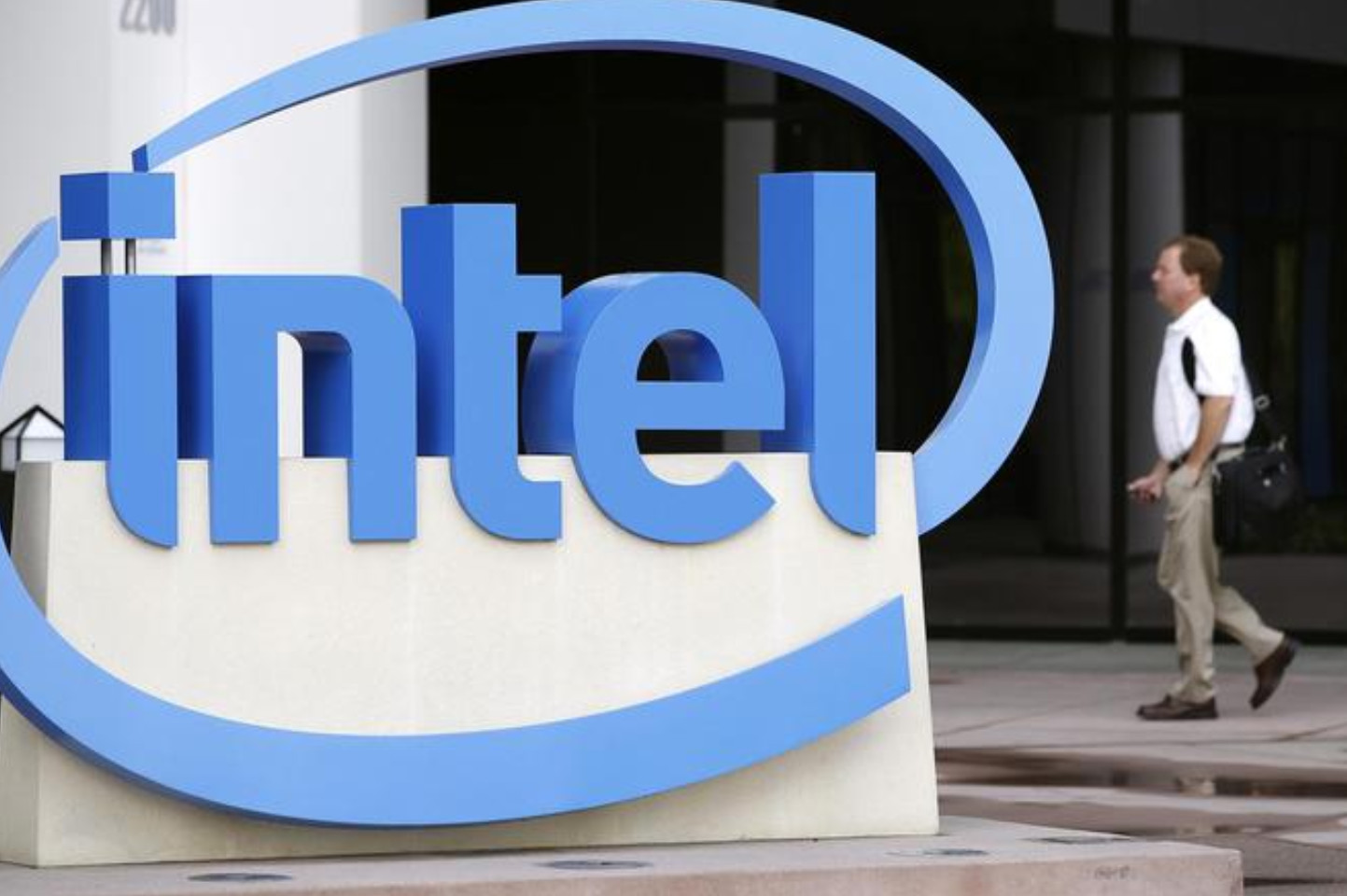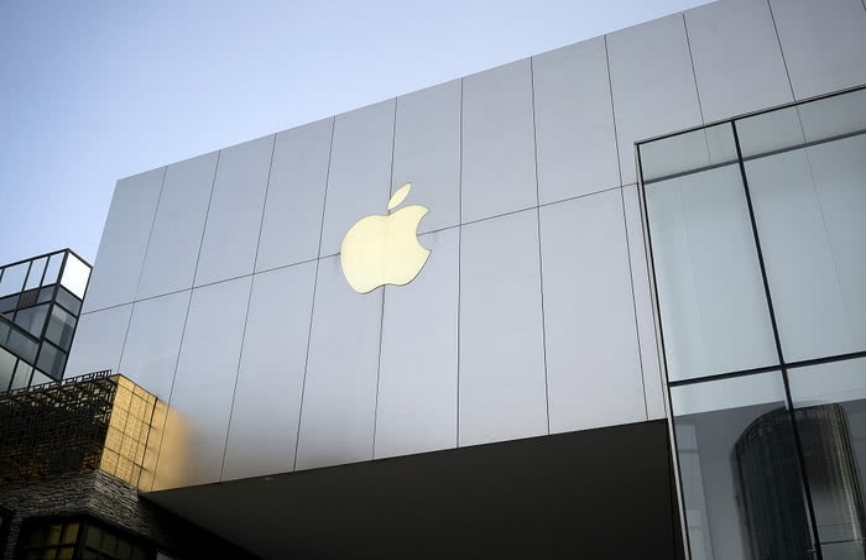
Recently, the United States Intel Corporation (Intel Corporation) announced a shock industry news: in order to cope with market challenges and business restructuring needs, the company will cut more than 15,000 jobs, this initiative undoubtedly in the global science and technology industry and even the global economy threw a heavy bomb. Based on the current economic situation, this article will delve into the reasons behind Intel's layoffs, their impact and future prospects.
In recent years, the global economic environment has been complex and volatile, with rising trade protectionism, intensifying geopolitical conflicts, and the continued impact of the COVID-19 pandemic. Combined with multiple factors, global economic growth has slowed down significantly. For the technology industry, while the long-term trend is positive, it faces unprecedented challenges in the short term. On the one hand, consumer demand for electronic products has weakened due to economic pressures. On the other hand, the rapid development of emerging technologies such as cloud computing, big data and artificial intelligence has intensified market competition, and traditional technology enterprises are facing pressure to transform and upgrade.
In this context, tech giants have adjusted their strategies to cope with market changes. Downsizing, as one of the most direct and effective means of cost control, has become a helpless choice for many enterprises. Intel's layoff decision is a microcosm of this economic situation, and it is an inevitable move for strategic adjustment and cost control.
Intel, the world's leading semiconductor chip maker, has long dominated the PC processor market. However, with the rise of mobile Internet and cloud computing, the structure of market demand for chips has undergone profound changes. Intel's loss in the mobile chip market, as well as the fierce competition in the face of competitors such as AMD, has forced it to re-examine its business layout and accelerate its transformation into emerging areas such as data centers, artificial intelligence, and the Internet of Things. The layoffs are intended to focus resources and accelerate this transformation process.
Under the downward pressure of the economy, maintaining financial health has become the key to the survival of enterprises. Intel's job cuts are aimed at improving operational efficiency by reducing labor costs in response to possible revenue declines and profit pressures. In addition, layoffs can also help companies free up capital for more strategic areas such as research and innovation, market expansion, and so on, so that they are in a good position to compete in the future.
However, it is worth noting that Intel's layoffs are also bound to have far-reaching effects.
For the laid-off workers, this is no doubt a heavy blow. Not only do they lose a steady job and source of income, they may also face uncertainty about their career progression. All sectors of society should give these employees enough attention and support to help them make a smooth transition and find their career direction again.
Intel's decision to cut jobs will also have a profound impact on the entire technology industry. On the one hand, it may trigger a chain reaction of other enterprises in the industry and accelerate the industry reshuffle; On the other hand, it has also prompted enterprises to pay more attention to technological innovation and talent training to cope with future market challenges.
As a global technology giant, Intel's decision to cut jobs could also have an indirect impact on the global economy. The reduction in consumption and investment caused by layoffs could further exacerbate the global economic slowdown. At the same time, it also reminds us that in today's global economic integration, the decision of any large enterprise may trigger a chain reaction, which requires governments and enterprises of all countries to jointly deal with.
In all, Intel's announcement to cut more than 15,000 jobs is a tough choice for technology giants in the current global economy. It not only reflects the helplessness and courage of enterprises in the face of market challenges, but also indicates that the future science and technology industry will pay more attention to technological innovation and cost control to cope with a more complex and changeable market environment.

Recently, according to 9To5Mac, the Apple Podcasts app was exposed to have the problem of automatically redirecting unsubscribed programs, and some of the redirected programs were suspected to contain malicious links.
Recently, according to 9To5Mac, the Apple Podcasts app was …
Recently, multiple Federal Reserve officials have publicly …
Ukrainian President Vladimir Zelensky met with French Presi…
In November 2025, South Korean e-commerce giant Coupang was…
On December 2, 2025, the international silver market witnes…
On November 30 local time, a report released by the Stockho…